genetics
May 29, 2022
Finishing the sequence
UW researchers are contributors to the groundbreaking work of the Human Genome Project.
October 13, 2020
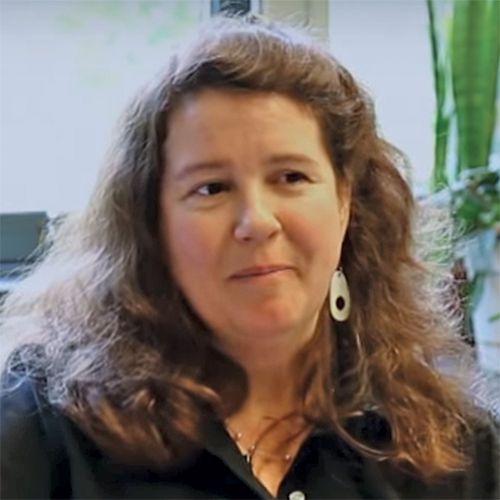
Sweet science
Kennewick native Danielle Reed forages for genetic answers after her research finds that processed food is much too sweet for the average human tastebud.
November 24, 2019
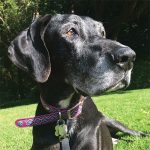
Calling all dogs
A UW-led study is recruiting 10,000 canines and their companions for a study of dogs’ health as they age.
April 5, 2018
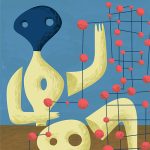
Genetic fortune telling
Thanks to services such as 23andMe, genetics has gone mainstream. But should you believe the hype?
March 13, 2018
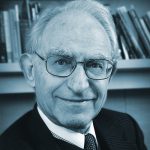
Arno Motulsky (1923-2018)
The founder of the UW Division of Genetics in 1957 lived a life of twists and turns.
September 1, 2015
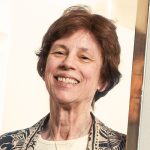
Relationships first
Genetic ethicist Wylie Burke keeps people in mind as she studies advances in medicine and public health.
June 1, 2014
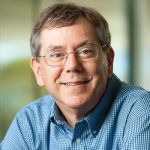
Life guard
Art Levinson, the driving force behind several cancer-fighting drugs, is the 2014 Alumnus Summa Laude Dignatus, the highest award bestowed upon UW alumni.
March 1, 2014
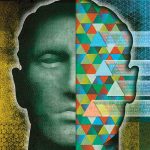
Genetic echo
Researchers led by Dr. John Stamatoyannopoulos have discovered a second code hiding within DNA. This second code contains information that changes how scientists read the instructions contained in DNA and interpret mutations to make sense of health and disease.
December 1, 2013
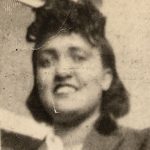
Immortal life
The cover of The Immortal Life of Henrietta Lacks succinctly proclaims the book’s storyline: “Doctors took her cells without asking. Those cells never died. They launched a medical revolution and a multimillion-dollar industry. More than 20 years later, her children found out. Their lives would never be the same.”
June 1, 2013
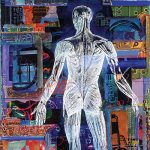
Probing DNA
The University of Washington Adult Medical Genetics Clinic is not only well-established—both UW and Johns Hopkins started the first genetics programs in 1957—but is widely considered the best in the world.
March 1, 2013
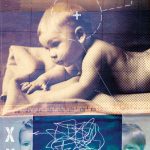
Trisomy trials
Certain medical problems experienced by people with Down Syndrome may eventually be helped because of a research breakthrough at the UW.
December 1, 2012
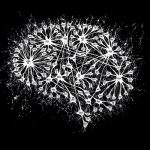
More than 'junk'
For decades most scientists thought the bulk of the material in the human genome—up to 95 percent—was “junk DNA.” It now turns out much of this “junk” actually contains the vital instructions that switch genes on and off in all kinds of different cells.
June 1, 2012
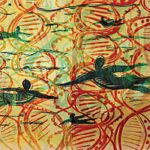
Autism link
UW researchers were one of three teams of university scientists who found a link between autism spectrum disorder and mutations that occur spontaneously near or during conception.
September 1, 2011
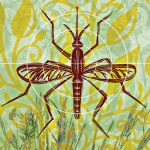
Gene warfare
In the future, global-health experts may be able to cast a genetic net over mosquitoes to prevent them from spreading malaria to people.
March 1, 2010
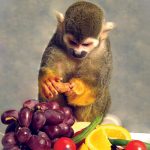
Seeing red
Jay and Maureen Neitz, who joined the UW School of Medicine faculty in 2008, reported in the journal Nature that they had cured color-blindness in two squirrel monkeys using gene therapy.
September 1, 2009
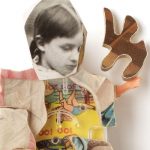
Clues to autism
UW scientists contributed to two recent studies that are beginning to unlock the genetic underpinnings of autism and related disorders.
September 1, 2007
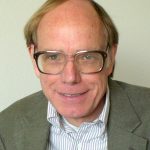
Genetics prize winner
According to the Gruber Foundation, the human genome would have been “an impossible jigsaw puzzle” without the work of UW Medicine and Genome Sciences Professor Maynard Olson.
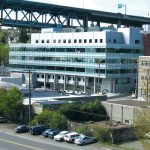
Honoring a legend
The University will salute UW Genome Sciences and Biology Professor Benjamin Hall Oct. 17 when it dedicates its newest research facility in his honor.
March 1, 2003
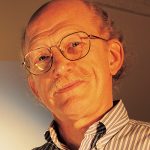
Prize catch
A leader of the Human Genome Project joins the UW to help unlock further secrets to the code of life.
December 1, 2002
Breakthrough research
UW researchers announced a dramatic breakthrough—they were able to insert the missing gene into these defective mice and reverse the effects of Duchenne muscular dystrophy.